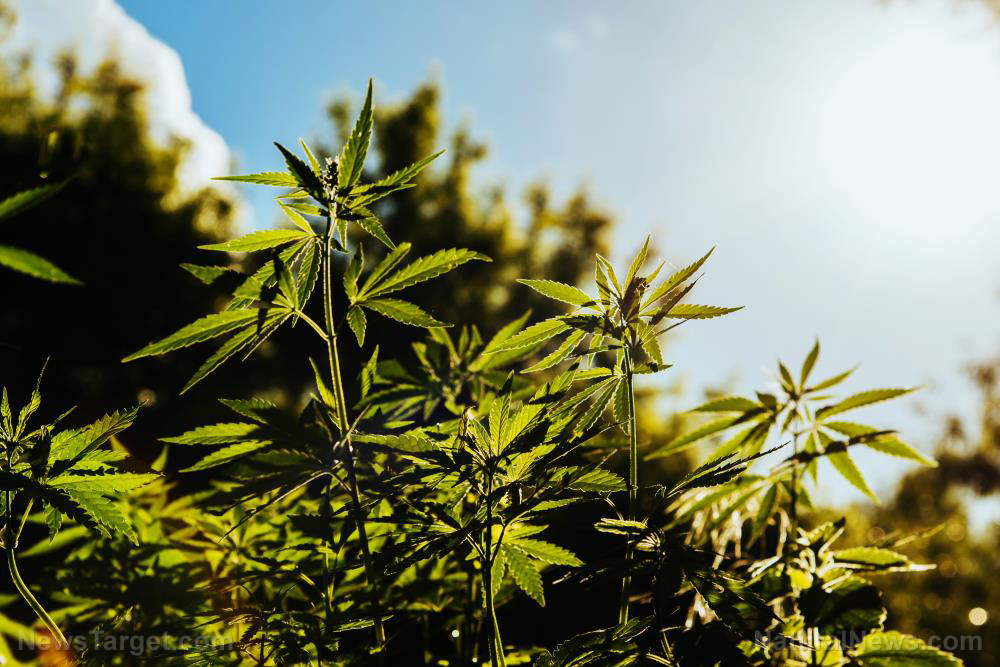
Researchers from the NYU School of Medicine reached this conclusion after carrying out a randomized, double-blind, large-scale study that involved people with Lennox Gastaut syndrome, a severe form of epilepsy that is notoriously difficult to control.
People who suffer from the syndrome experience serious cognitive impairment and several types of seizures, including frequent drop seizures. Also known as atonic seizures, these are characterized by a sudden lack of tone and strength in the muscles that can cause an individual to fall to the ground. They remain conscious, but their eyelids can droop, their head might drop, and they tend to drop objects that they are holding. It’s not unusual for sufferers to injure themselves while in the midst of such seizures, which is why preventing them is so essential.
There are currently six medications approved for treating these seizures in sufferers, but they don’t stop the seizures from occurring.
In hopes of finding a better treatment, the researchers looked at 225 patients between the ages of 2 and 55 with the condition. They were divided into groups that received either 20 mg/kg/d of CBD, 10 mg/kg/d of CBD, or a placebo for a period of 14 weeks. The researchers kept track of the number of seizures participants experienced starting four weeks ahead of the study to get a baseline number, as well as throughout the study, and for a four-week period afterward.
They noted a 41.9 percent decrease in the number of drop seizures experienced by those taking the 20 mg/kg/d dose, while those taking the 10 mg/kg/d dose of CBD experienced a 37.2 percent drop in such seizures. The placebo group reported a 17.2 percent reduction in seizures. Although CBD is generally considered safe, it’s worth noting that some patients did experience mild side effects such as decreased appetite, sleepiness and diarrhea.
Proven track record
This isn’t the first time scientists have found CBD to help with seizures. In a study published last year in the New England Journal of Medicine, researchers found a 39 percent reduction in the frequency of seizures among those who had a different type of epilepsy, Dravet Syndrome.
Other studies carried out by the same researchers have demonstrated positive results using CBD for treatment-resistant types of epilepsy. These findings prompted an FDA advisory panel to vote unanimously to approve the application for a cannabidiol oral solution called Epidiolex.
The author of both studies, Dr. Orrin Devinsky, said that this will give epilepsy sufferers some hope, but he believes further research is necessary to explore other dosing regimens and to find out if similar compounds derived from cannabis could make an impact.
Earlier this year, CBD oil made headlines – only in independent media, of course, because the mainstream media never reports on anything that would threaten Big Pharma’s profits – when it saved a 12-year-old from life-threatening seizures caused by a rare epilepsy syndrome known as Febrile Infection-Related Epilepsy Syndrome.
After a crippling seizure from the condition drove doctors to place the girl in an induced coma to protect her brain from being damaged, her family began to lose hope. Anti-epilepsy drugs weren’t having an impact, so her mother turned to CBD oil. Within 48 hours of her first treatment with CBD oil, her constant seizures stopped, and she opened her eyes.
It’s becoming clearer every day that CBD is a viable treatment option for those who suffer from many types of seizures, and one can only hope that it will get the widespread attention and credibility it deserves.
Sources for this article include:
Please contact us for more information.























